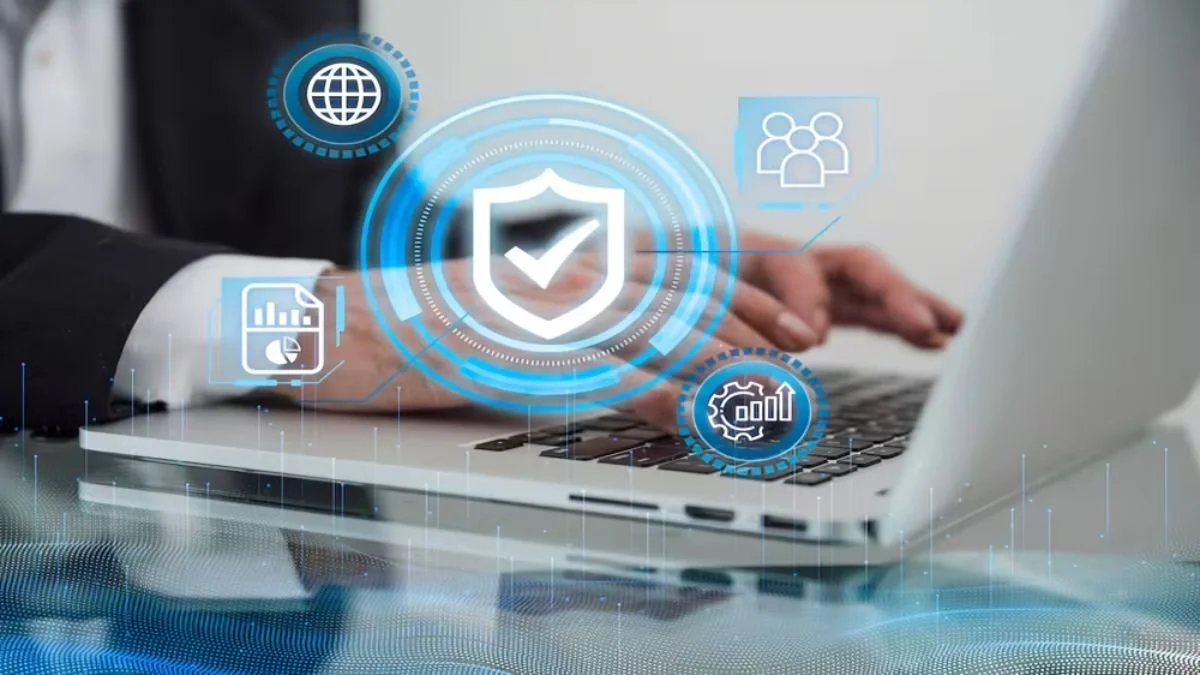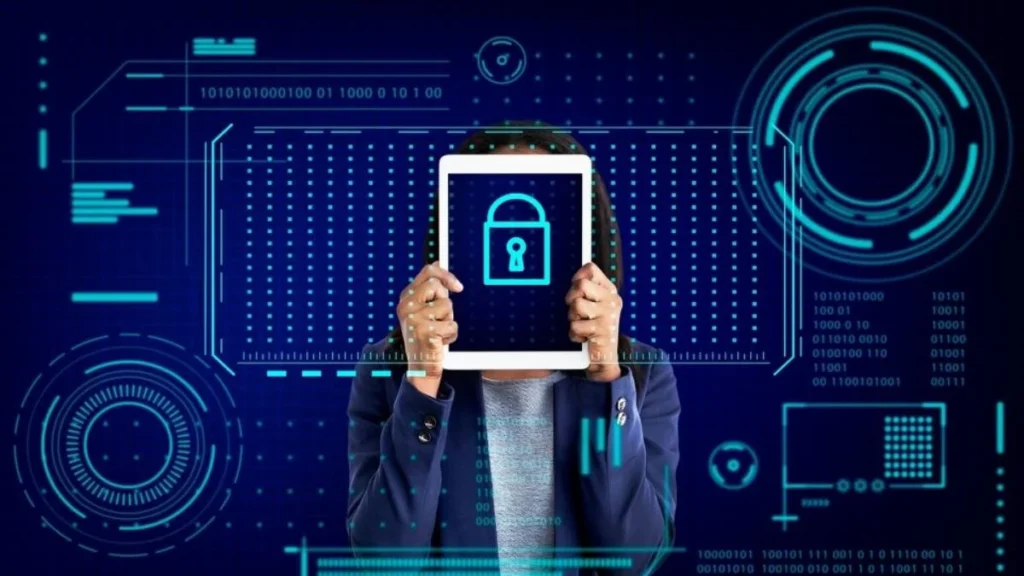Tech
How PKI Solutions Help Keep Your Data Safe

In today’s digitally linked world, protecting data is more critical than ever. Organizations and individuals must use cutting-edge procedures to guarantee that their sensitive data is secured in light of the rise in cyber dangers.
Public Key Infrastructure (PKI) solutions have become a strong foundation for preserving data security, facilitating safe communications, and authenticating digital identities.
PKI guarantees that data is not just private but also impenetrable and available to only the designated receivers by utilizing cryptographic procedures. Its uses range from safeguarding private data to defending intricate business networks.
In this article, we examine PKI’s workings, its revolutionary impact on data security, and how it keeps enabling a secure and reliable digital environment.
Table of Contents
Understanding Public Key Infrastructure (PKI)
Public Key Infrastructure refers to a set of procedures, technologies, hardware, software, and personnel that enables secure messages/data exchange or person/system authentication in an open environment like the Internet.


It is centered on cryptographic key pairs, which are categorized as a public key and a private key. These keys combine to perform encryption and decryption of such information, ensuring confidentiality, integrity, authenticity, and non-repudiation in digital information.
PKI solutions primarily involve two critical processes:
- Encryption and Decryption: Data is encrypted with a recipient’s key and can only be decrypted with a recipient’s secret key; hence, only the recipient can access the data.
- Digital Signatures: By using PKI, senders can sign the messages and assure the recipient that no one altered the data that was sent between the two of them.
The Components of PKI
Understanding PKI’s primary components is crucial to comprehending how it enhances data security:
- Certificate Authorities (CA): Certification authorities or CAs are entities that have the authority to issue and manage digital certificates. These certificates bind a public key to an individual and ensure that the said public key belongs to the holder of the certificate.
- Registration Authorities (RA): Before a certificate is issued from the CA, the RAs check and verify the identity of the requester through an identification process.
- Digital Certificates: These are electronic documents given by CAs to certify that the identified subject of the certificate owns a particular public key. Certification is crucial for building confidence between two parties in computer-based interaction.
- Public and Private Keys: The private key is only a secret to the owner, and the public key is disclosed to other users. This combination allows one to encrypt, decrypt, and produce signatures at the digital level.
- Certificate Revocation Lists (CRL): CRLs are managed by CAs and contain any certificate that has been revoked before it reaches its valid time. This ensures that compromised keys cannot be utilized in a way that is harmful to the system.


Why PKI Is Important for Data Security
PKI is an effective technique that tackles several security issues:
- Authentication: PKI solutions offer one of the best options when it comes to identifying users, systems, and devices. This is important in protecting the data since there is no way that unauthorized people or companies will have access to the results.
- Data Confidentiality: With PKI, the data is rendered to be readable only by the recipient in question. If it gets intercepted, the data cannot be understood or interpreted without the relevant private key.
- Data Integrity: Digital signatures act to ensure that data cannot be changed in a manner that was not approved by the correct authorities. Any modification of the data that has been digitally signed will remove the signature, thus indicating that an alteration was made.
- Non-repudiation: PKI helps to prevent a sender from denying sending a message that has been signed using a digital signature. This is especially important in legal and contract matters, whereby one party needs to hold the other accountable.
How PKI Solutions Keep Data Safe in Practice
Different PKI solutions are put to use in the protection of websites, emails, and online transactions, as well as protecting sensitive government information. Here’s how PKI solutions work to safeguard data across these domains:
A. Controlling Web Communications with SSL/TLS Certificates
Perhaps the most prominent use of PKI at the present time is the implementation of SSL/TLS certificates for securing a website. SSL/TLS protocols act to facilitate a secure connection between the user’s browser and the web server when a website is involved.
This enhances a secure connection that encrypts all the information exchanged between the two. For that reason, any code, login data, payment data or even individual information is safe and cannot be traced by the wrong end.
Just like with previous versions, websites that use SSL/TLS are easily recognizable as the address bar has the padlock symbol, and the URL also has the prefix https.
B. Enabling Secure Email Communication
It is crucial to employ PKI to protect email correspondence since it is one of the most popular objects of phishing and other types of cyber threats. With the help of S/MIME (Secure/Multipurpose Internet Mail Extensions), PKI enables the user to encrypt and sign the emails.
This will check the authenticity of the sender as well as ensure that the content of the message reaches its intended recipient since even if the email was intercepted, the content will not be disclosed.
Only the intended receiver may view encrypted emails, adding an extra degree of protection for private data.
C. Securing Access to Corporate Networks and Applications
Secure access to company networks and apps is essential as remote work grows in popularity. Two-factor authentication (2FA), which employs digital certificates in addition to a password as a second method of verification, is made possible by PKI.


PKI-based smart cards, tokens, or other gadgets can be used by staff members to access confidential information safely. By doing this, the likelihood of unwanted access is reduced because weak or stolen passwords are no longer sufficient to obtain access.
Advantages of Implementing PKI Solutions
Beyond data security, PKI systems offer the following advantages:
- Enhanced User Confidence: Increases user, customer, and partner confidence by protecting communications and confirming identities.
- Decreased Cybersecurity Risks: Lowers the chance of cyberattacks, illegal access, and data breaches.
- Scalability: Since PKI is so scalable, it can be used by companies of all sizes, including government agencies, big corporations, and small businesses.
- Cost-effectiveness: PKI can result in long-term cost savings by averting expensive data breaches and upholding regulatory compliance.
Bottomline
PKI solutions offer a thorough and expandable method of protecting digital identities and data.
Building a secure digital environment requires PKI, which is essential for protecting IoT devices, government infrastructure, and websites and emails.
As cybersecurity risks and technology develop, PKI will continue to be a vital component of data security, adjusting to new situations and assisting individuals and enterprises in protecting their data.
-



 GENERAL3 months ago
GENERAL3 months agoUncovering the World of кинокрадко: The Dark Side of Film Piracy
-



 GENERAL4 weeks ago
GENERAL4 weeks agoUnveiling the Art of преводсч: How Translators Bridge Language Barriers
-



 YOGA10 months ago
YOGA10 months ago4 Person Yoga Poses for Beginners
-



 GENERAL3 months ago
GENERAL3 months agoThe Journey of iamnobody89757: From Anonymous User to Internet Sensation















